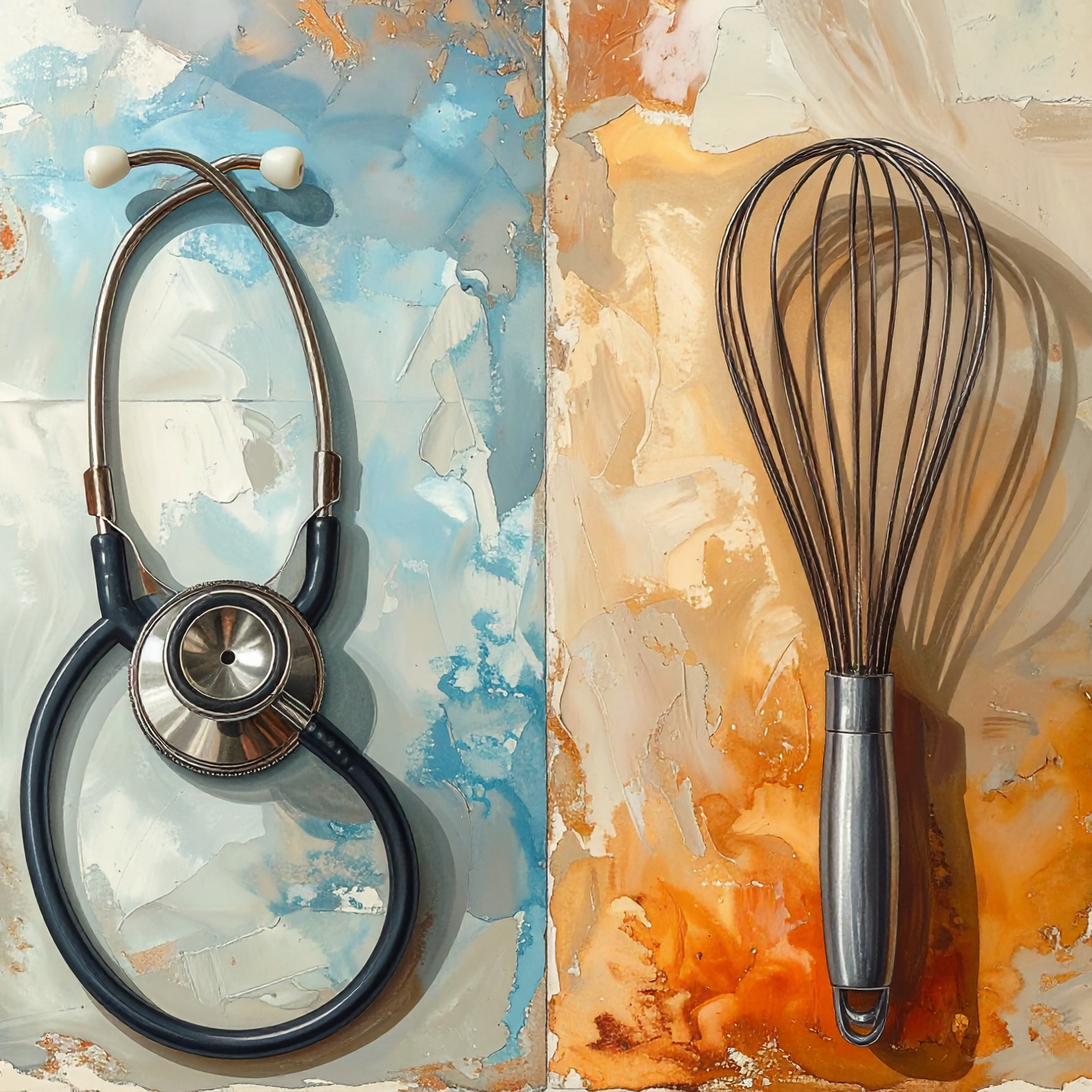
Culi-Clinical Toolbox (Part 1)
Perspectives for a Personalized, Rheologically Informed Approach to Dysphagia Nutrition (Part 1).
Professional meal care for individuals with impaired or altered food intake is a transdisciplinary, person-centred form of care that approaches nutrition and eating as an interplay of medical necessity, functional support, psychosocial needs, and culinary expertise. Ideally, this care is delivered by certified healthcare providers and specialized culi-clinical professionals, within a legally and quality-driven framework, focusing on people who—due to swallowing disorders, taste loss, reduced appetite, or metabolic dysregulation—are unable to eat in a conventional way.
What distinguishes this form of meal care is the integration of gastrological and rheological insights—such as bolus formation, tongue pressure, and flow properties—to optimize the edibility and safety of food. At the same time, it emphasizes dignity, taste perception, and eating identity through aroma, colour, plating, and cultural preferences. Each meal is designed as a response to a unique clinical situation, taking into account factors such as energy and protein density, swallowing safety, flavour modulation, and ease of preparation—both in institutional and home settings.
By personalizing nutrition—even down to the individual level—professional meal care bridges medical necessity and eating pleasure. It contributes to improved food intake, appetite stimulation, prevention of co-morbidities, and an enhanced quality of life. This approach transcends mere functional support and positions food as an instrument where engineering, science, and the culinary arts converge.
